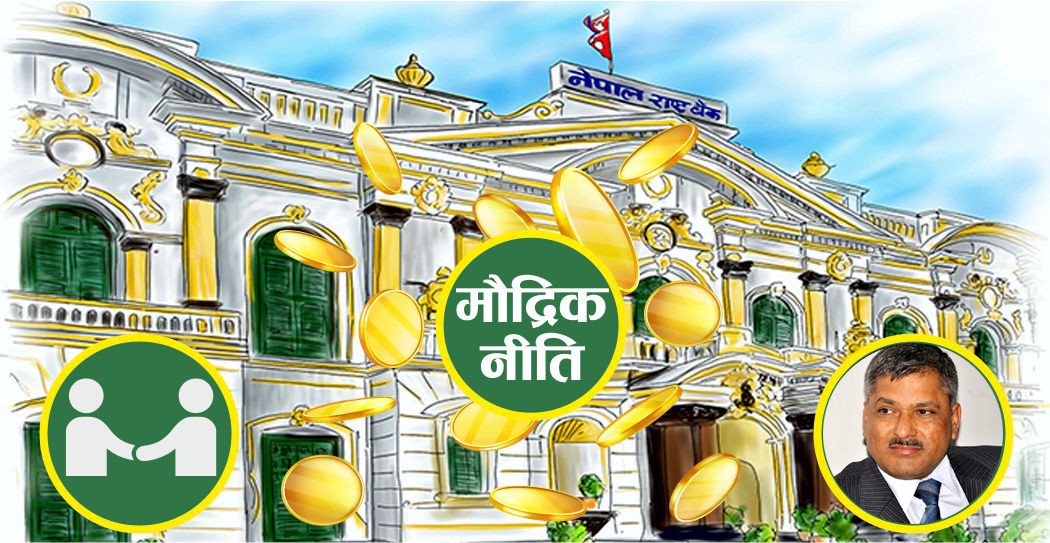Monetary policy review: Rastra Bank has address the expectations of the private sector ?
Feb Sat 2023 03:04:38
732 views

Kathmandu. The day after the National Bank amended the law by including some loose provisions, it again published a monetary policy review with a tight trend. Although the semi-annual monetary policy of the current financial year has given some relief to the small and medium borrowers, it has not added much enthusiasm to the rest.
Expectations of many that the monetary policy will be eased in the same way have been dashed. Just like the wave of changing equations in the political sphere, the hope that the climate has changed in the economic sphere also failed to materialize. As a result, borrowers who have not received loans from the bank for a long time and could not pay installments due to the increase in interest rates did not become very happy with the monetary policy.
UML leader Bishnu Paudel becoming the finance minister in the new government, many investors became enthusiastic. Many hoped that, 'after the arrival of Paudel, Rashtra Bank Governor Mahaprasad Adhikari will be convinced and make the same policy as the businessmen say.' This is why the representatives of the private sector were seeking the help of the finance minister to increase pressure on the governor. Based on the belief that the central bank will be influenced by the color of politics, the series of protests started by the businessmen all over the country were suddenly stopped with the formation of the new government.
The finance minister was very successful in the stock market. After he came, the market bounced back by about 400 points. Remittances started to increase and many indicators such as balance of payments started to look in favor of Nepal. This increased the confidence of investors.
In the monetary policy review, it was expected that the provisions of 4-12 would be removed and the collateral valuation of share mortgage loans would also be relaxed. In the last three days, this rumor helped NEPSE to increase more than 80 points. But that was not the case. Not only stock investors, many businessmen should be excited about the review of monetary policy.
As the balance of payments and foreign exchange problems have been solved, the estimate that the interest rate can be reduced to a large extent has also 'failed'. It has been seen that the central bank is not satisfied with the recent improvement in foreign exchange reserves and the increase in the balance of payments. The National Bank has decided to continue the monetary policy in a tight trend for the time being.
It has benefited some small borrowers. The National Bank had made a provision that banks cannot charge more than 2 percent premium over the base rate for loans of up to 20 million invested in the productive sector when issuing the monetary policy last July. At present, such small and medium borrowers have been given the facility to restructure and reschedule their loans by giving an additional 6 months until the end of this financial year. The interest or installment amount to be paid till next May will be paid every month even if you pay 1 month loosely. In such cases, the State Bank has provided the facility of not having to pay the fine.
The overnight interest rate for banks from Rastra Bank has been reduced by one and a half percentage points. Such arrangements will reduce the bank's interest expenses and help spread management. But this decision is not enough to play an intervention role to reduce the long-term interest rate of the market.







